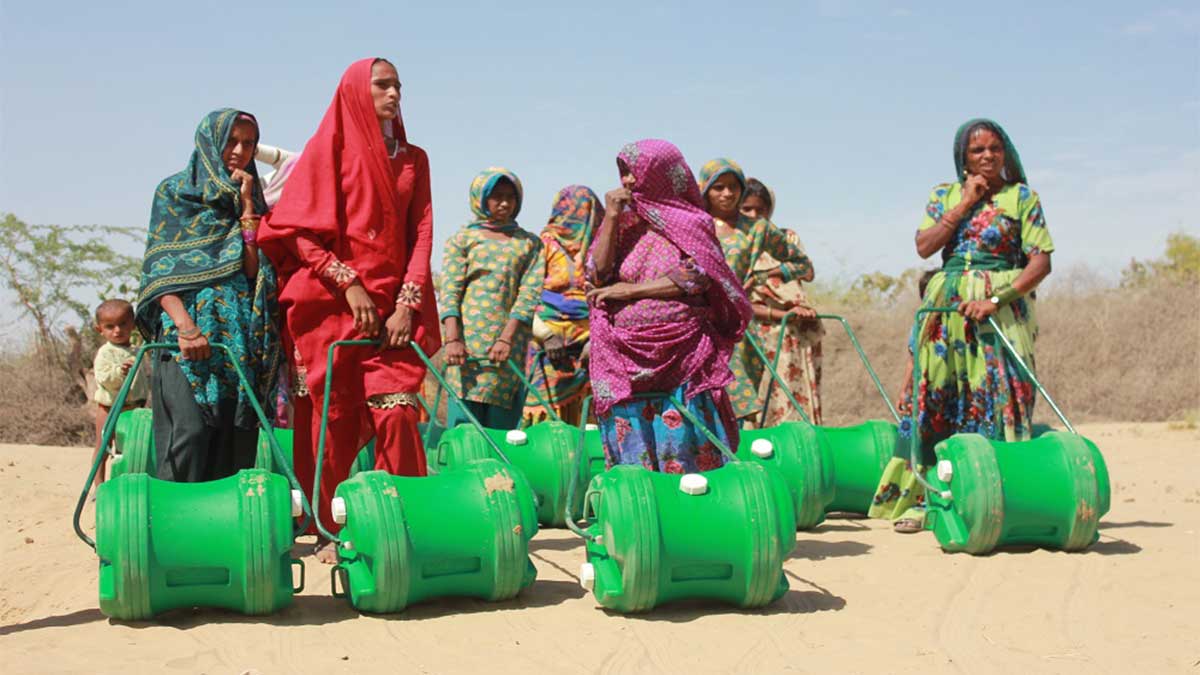A Pakistani charity focused on water shortage and accessibility claims to have generated Rs 2 million through a restricted collection of Non-Fungible Tokens (NFTs) aimed at raising much-needed awareness for water accessibility.
The Tayaba organization has become the “first Pakistani NGO and one of the first globally to deploy the groundbreaking blockchain-based NFT technology for fundraising purposes in the charity sector,” according to Bilal Bin Saqib, a London School of Economics (LSE) graduate who runs the charity.
According to Saqib, the Tayaba organization, which is managed by a group of social innovators, is now ahead of the curve by using NFTs to attract awareness and funding for its “Help-2-Others” (H2O) water intervention.
Read more: The ‘Disaster Girl’ made almost half a million by selling the NFT of her meme
The H2O Wheel is a particularly constructed water-carrying device that aids those who have to travel great distances to collect water by taking the strain off their shoulders.
Saqib stated that the charity auctioned Pakistani digital art in the form of NFTs, which comprised trading cards, animated graphics, and gifs. NFTs provide the contributor exclusive ownership of the digital art, which is significant both monetarily and socially.
He explained that the cards up for auction are part of a much larger NFT collection that includes six important and worthwhile NFTs aligned with the United Nations’ Sustainable Development Goals, such as Women Empowerment, Economic Growth, Enhanced Education, Improved Health, Gender Equality, and Water Accessibility.
As the effort gathers traction around the world, Saqib believes it provides a unique and practical “use-case.”
Due to its inventiveness and technological ingenuity, the fundraising effort quickly acquired popularity on social media platforms, with an increasing number of people demonstrating interest in the idea.
Over 50,000 people, largely from marginalized groups, have benefited from the H2O wheel.





















